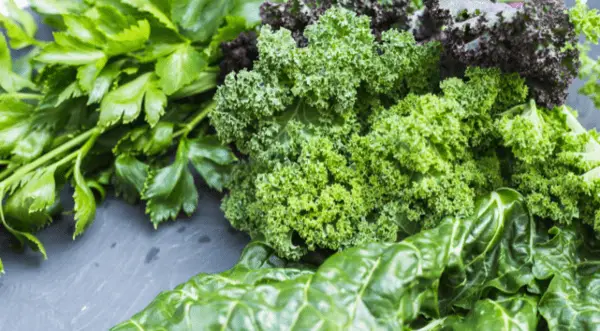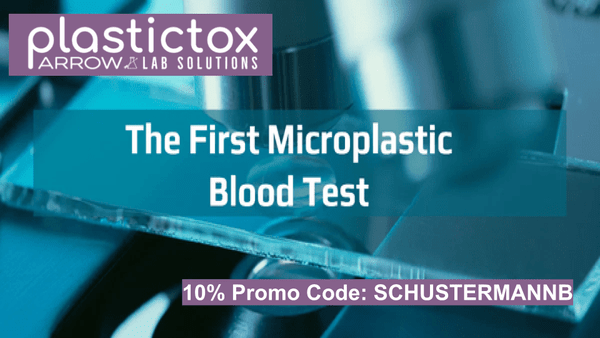As we go through the cold weather season building up our Immune System is of importance. Cconsidering antioxidants such as ergothioneine is a conversation. Our nutrition; what we digest and consume is a solid foundation to helping our Immune System. One can boost immunity with mushrooms. Mushrooms contain ergothioneine, an antioxidant which can help boost one’s immunity. One can also utilize leafy greens
Leafy greens like kale, mustard greens, and spinach are packed with vitamins, minerals and antioxidants that can give your immune system a boost. These three vegetables, while each unique, contain nutrients such as vitamins A, C, E and K as well as folate, iron, calcium, potassium and magnesium.
Kale is high in vitamins A, C, and K. One cup of raw kale provides over 100% of the recommended daily intake of vitamin C and vitamin K. Vitamin A is important for one’s vision as well as the immune system. Kale has glucosinolates, which have anti-inflammatory benefits. Lightly cooking kale helps increase the absorption of vegetable and these nutrients.
Nutrient rich Greens
Mustard greens are high in vitamins A, C, E, K, and folate. They are also a good source of calcium and potassium. Vitamin A is used for the growth and repair of tissues in all parts of the body. It helps make collagen, a protein used to make skin, cartilage, tendons and ligaments. Vitamin C is also used for the assistance in healing wounds as well as repairing and maintaining bones and teeth. To get the most out of mustard greens, consider lightly steaming the vegetable to help access the nutrients.
Spinach is also a nutrient-dense leafy green. It is high in vitamin K as well as vitamins A, C, E, B6, iron, calcium, potassium as well as magnesium. Vitamin E is commonly though of as an antioxidant as well as being involved in anti-inflammatory processes. One should consider cooking spinach similarly to kale and mustard greens; lightly cooking spinach can increase the bioavailability and its ability to be absorbed by the body.

Mushrooms such as shiitake, maitake and cremini (Baby Bella) contain a variety of immunity-boosting nutrients. They are a source of B vitamins such as riboflavin, niacin, and pantothenic acid which all help to support the immune systems and energy production. Mushrooms also produce vitamin D when exposed to UV light. This makes mushrooms one of the only non-animal food sources of vitamin D. Vitamin D helps to absorb and retain calcium and phosphorous, which are important in the building of bone. Vitamin D also helps to control infections and reduce inflammation.
Mushrooms also have important molecules called beta-glucans. Beta-glucans have been shown to have antiviral and antibacterial properties. They help strengthen immune responses. The mushroom species shiitake and maitake in particular are high in beta-glucans.
What is ergothioneine?
Ergothioneine is a unique antioxidant that is found in mushrooms. It helps oxidative stress and protects cells from damage. Ergothioneine is a sulfur-containing compound with antioxidant properties that was first discovered in the ergot fungus. It has been found to help neutralize harmful free radicals and protect cellular components. To get the most nutrition out of mushrooms, consider lightly cooking them. Excess heat can damage some of the nutrients in the vegetable such as vitamin C and B6. When preparing the mushroom, simply brush off any visible dirt, the caps and stems both contain high amounts of nutrients.
The question of whether ergothioneine can be considered as an adaptogen remains a topic of ongoing conversation. Adaptogens are natural compounds that are believed to help the body adapt to stress and promote physiological balance. While ergothioneine has demonstrated potential stress-mitigating properties, the adaptogen conversation continues.
All of the above is for information only, and is not to be taken as medical advice. Please see your medical doctor for formal advice.
Barry Schustermann
Follow me on X @BarrySchust
Follow me on Facebook @Barry Schustermann



